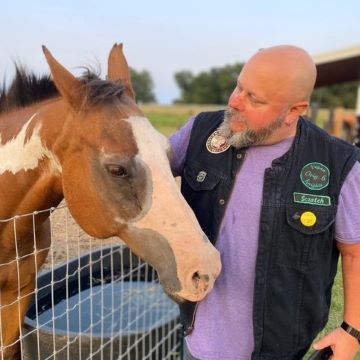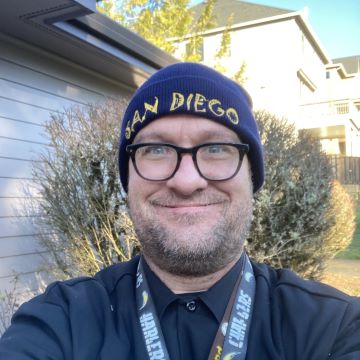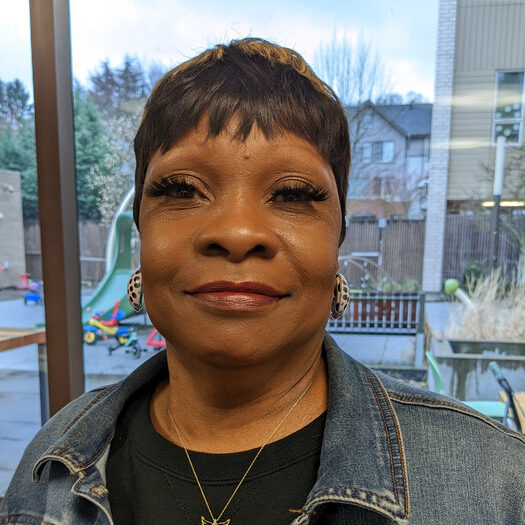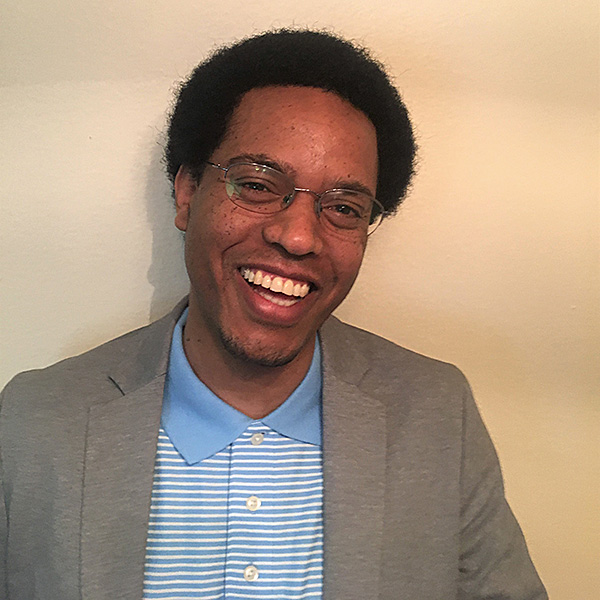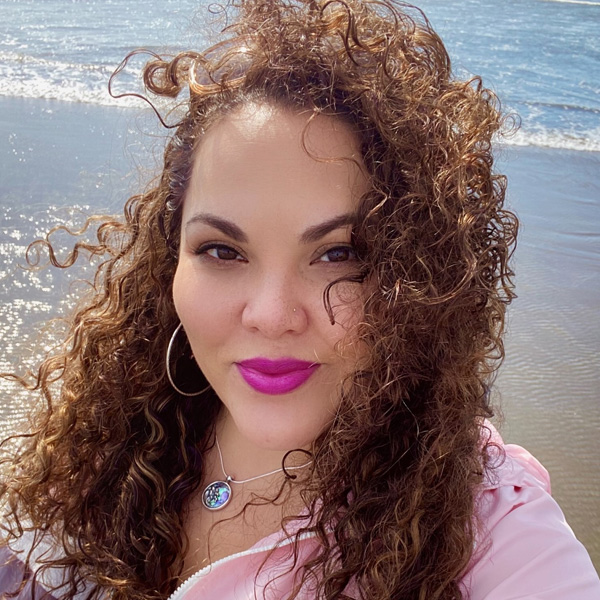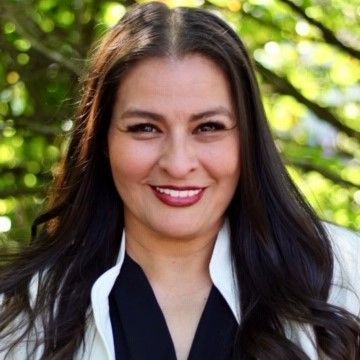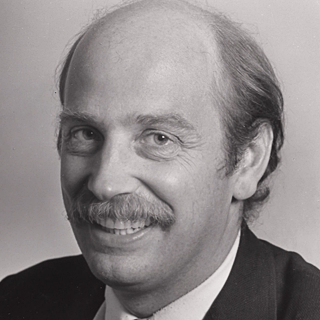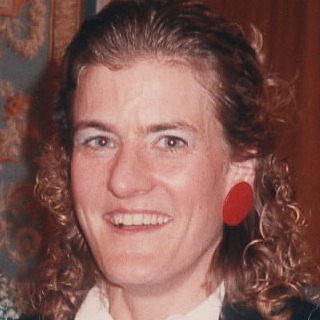Learn more about our workplace culture, benefits, and open positions.
Life at LifeWorks NW
LifeWorks NW’s Black History Month Hero
Feb 8, 2024
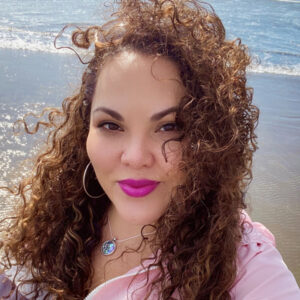
During Black History Month, we are honoring Black behavioral health heroes throughout the community and nation. In the process, we thought about the many heroes here at LifeWorks NW. Although we can’t speak to them all, we wanted to share just a few of our Black History heroes. Today, we have Francesca, senior program director at Project Network, who has supported LifeWorks NW’s clients for in that program for more than 13 years.
“I’ve worked in every one of our African American culturally focused programs since 2009,” says Francesca. “First in REAL, as a dual-diagnosis therapist for Black youth & families; then with Project Network as the child & family therapist, promoted to program director which led to providing clinical supervisory support for our sister program Project for Community Recovery (PCR ), our adult outpatient program for Black adults dealing with substance use disorders and mental health issues.”
Over the years, she’s collaborated with Home Forward & Income Property Management to support the Beech Street Apartment residents, where many of our Project Network clients find long-term housing, she says.
In addition to leading Project Network, Francesca also supports Project Nurture, a collaboration with Legacy Midwifery Clinic. Project Nurture serves pregnant and postpartum women through their baby’s first year of life. They receive trauma-informed, non-judgmental prenatal and recovery services that remove barriers to receiving prenatal care women with substance use disorders often face at other clinics. Often mothers participate in both Project Network and Project Nurture simultaneously.
Finally, Francesca supervises the Family Involvement Team (FIT), which provides both residential and outpatient case management for clients involved with ODHS in Multnomah County. Her staff serve as liaisons between ODHS and LifeWorks NW treatment teams, helping recovering parents keep or get their children back in their care.
“I never thought I’d be a therapist, let alone the director of recovery and mental health,” says Francesca. “I attended University of Oregon for Ethnic Studies and attended the school of Journalism to increase BIPOC representation in media. But once I got my BS, I found that my cup wasn’t quite full. I was drawn to the helping profession.”
“I have always looked at life through a systemic lens. Looking back on my life I don’t think I had a choice. I am multiracial (Black, Native American, Asian and white), raised in a predominately Black family in a predominately Black neighborhood, that has since been gentrified in NE Portland. Both of my parents were born deaf, and by age five I was their Sign Language interpreter and advocate. I had an adult role at a very young age. Those experiences were my first lessons in humility, empathy and personal responsibility to fight for social justice. I’ve lived in the hearing world, Deaf world, mainstream culture and in marginalized communities. I have witnessed these communities collide, intertwine and sometimes dance in the same room."
She decided to go back to school at Lewis & Clark and received a graduate degree in Counseling Psychology.
Her desire to provide care to others also fit with her love of North and NE Portland, a historically Black community where gentrification has driven many families out.
“One of the things I enjoy about Project Network is that it’s located in a historically Black neighborhood and allows our Black women the opportunity to return back to the neighborhood, establish supportive roots with community partners in the area and potentially obtain housing at Beech St Apartments,” says Francesca. Her family’s trajectory toward Portland is an interesting one and not uncommon for Black families that migrated from the south to Oregon to work the shipyards in the 1940s.
“My grandfather worked in the shipyards and on the railroad, which is what brought my family to Portland, and my father was able to attend Washington State School for the Deaf (WSD) in Vancouver, Washington. There were limited opportunities for Black Deaf youth in Oklahoma on the reservation where he was born. My dad was one of very few Black students at WSD,” says Francesca.
Francesca now has three children of her own. Her job and kids keep her busy. But this behavioral health hero still finds time for her own self-care — being out in nature, gardening, hiking, yoga, attending community events and traveling. And of course, her passion for helping others continues to inform everything she does.
Thank you, Francesca, for everything you do to make our agency, community, and world a better place.



